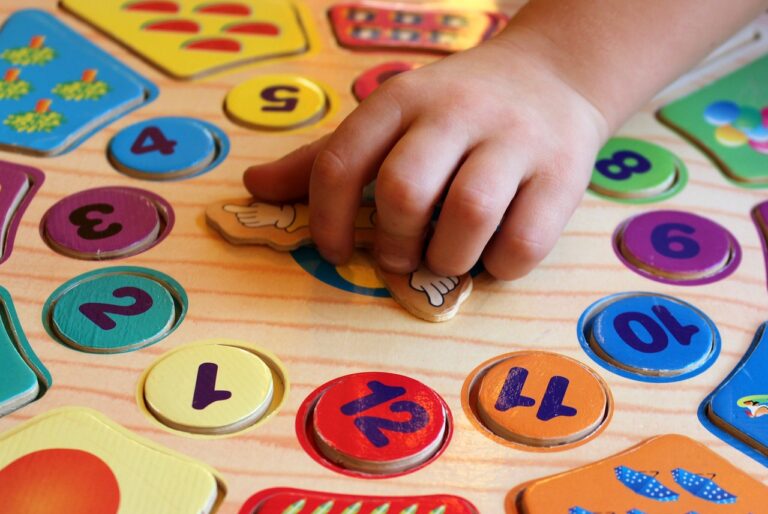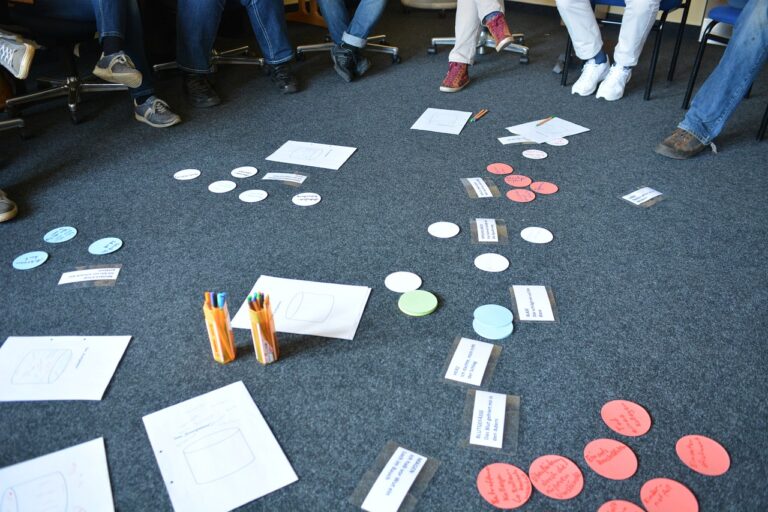Alternative Education Models: Homeschooling and Beyond
Traditional education systems have long been criticized for their one-size-fits-all approach, where students are expected to progress at the same pace regardless of their individual strengths and weaknesses. This lack of customization can lead to disengagement and frustration among students who may need more time or a different method to grasp a concept. Additionally, the emphasis on standardized testing often results in the prioritization of rote memorization over practical application, stifling creativity and critical thinking skills.
Another challenge of traditional education systems is the rigid structure that can limit students’ curiosity and exploration. With predetermined schedules and rigid curriculum guidelines, there is little room for students to pursue their interests or delve deeper into topics that truly engage them. This lack of flexibility can hinder students’ ability to think independently and develop a passion for learning outside of the prescribed course material.
Benefits of Homeschooling
Homeschooling offers personalized learning tailored to each child’s unique needs and learning style. This individualized approach allows students to progress at their own pace, delve deeper into subjects of interest, and receive more one-on-one attention from parents or tutors. As a result, many homeschooled students experience increased academic achievement and a greater sense of self-confidence in their abilities.
Furthermore, homeschooling provides a flexible schedule that allows families to incorporate real-life learning experiences into their daily routines. Whether it be exploring museums, volunteering in the community, or traveling to different parts of the world, homeschooling enables students to gain valuable life skills and a well-rounded education beyond the confines of traditional classroom walls. This hands-on approach to learning fosters creativity, critical thinking, and a deeper appreciation for the world around them.
Unschooling: A Radical Approach to Education
Unschooling is a unique approach to education that challenges the traditional classroom setting. Instead of following a structured curriculum and set schedule, unschooling allows students to direct their own learning based on their interests and passions. This radical approach prioritizes individualized learning experiences, encouraging students to explore their creativity and natural curiosity without the constraints of traditional education systems.
Unlike traditional education systems that emphasize grades, tests, and homework, unschooling focuses on holistic learning and real-life experiences. Students are free to pursue topics that resonate with them, fostering a deep sense of engagement and motivation in their education journey. By embracing self-directed learning, unschooling empowers students to take ownership of their education, leading to a more personalized and fulfilling learning experience.
What is unschooling?
Unschooling is a form of homeschooling where children are encouraged to learn through their own interests and experiences, rather than following a traditional curriculum.
How does unschooling differ from traditional education?
Unschooling allows children to learn at their own pace and focus on subjects that interest them, while traditional education follows a set curriculum and timeline for learning.
What are some challenges of the traditional education system?
Some challenges of the traditional education system include standardized testing, limited focus on individual learning styles, and the pressure to meet academic benchmarks.
What are some benefits of homeschooling?
Some benefits of homeschooling include personalized learning, flexibility in scheduling, and the ability to tailor education to a child’s interests and needs.
How can parents support unschooling?
Parents can support unschooling by providing resources for their children to explore their interests, encouraging independent learning, and fostering a love of learning.
Is unschooling legal?
Unschooling is legal in many countries, including the United States, as long as parents comply with homeschooling laws and regulations.
How do unschooled children transition to higher education or the workforce?
Unschooling children can transition to higher education or the workforce by creating a portfolio of their learning experiences, taking standardized tests if required, or pursuing alternative pathways such as apprenticeships or vocational training.





